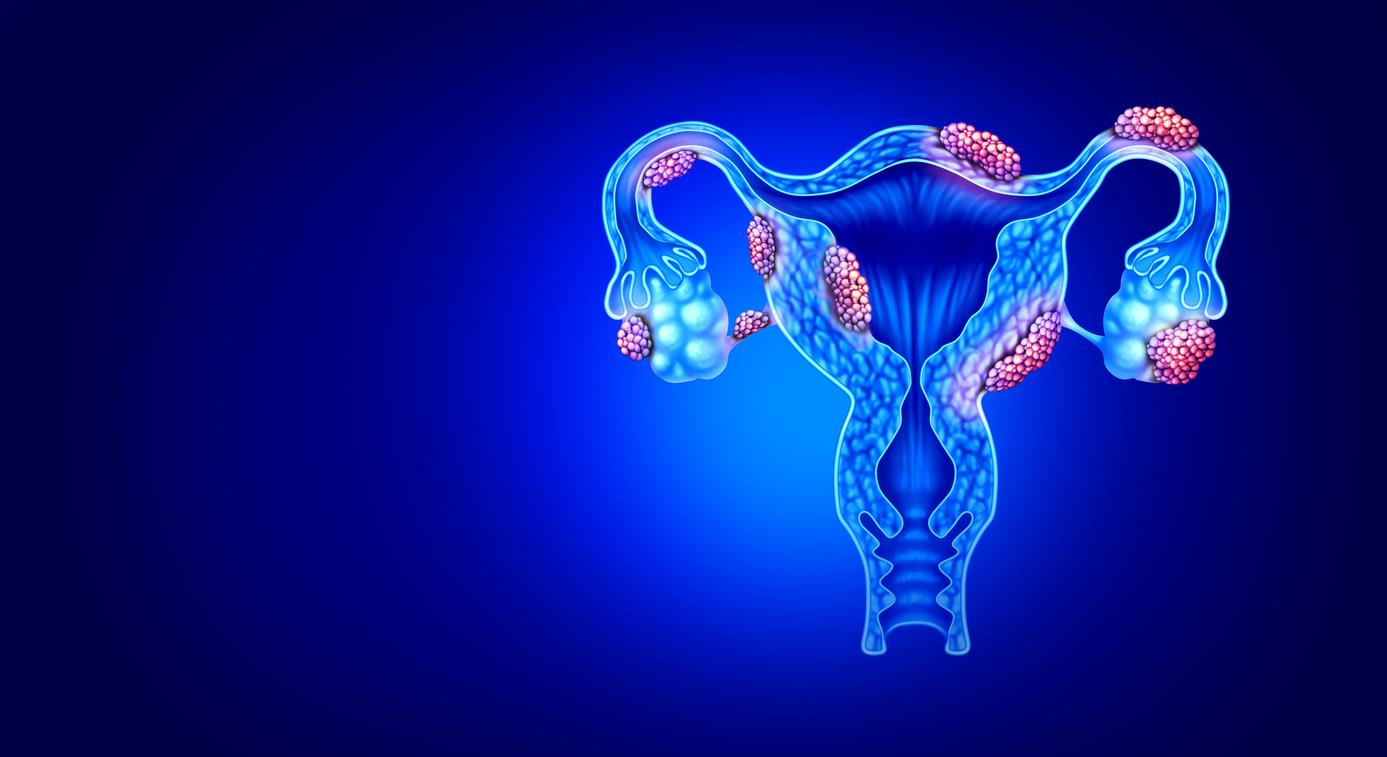After creating a Kama-sutra for men with low back pain, Canadian researchers repeat the experience and release the second part of their atlas. For women this time.

The spoon: not always cake
After placing infrared and electromagnetic motion sensors on ten couples, the researchers deciphered the spinal movements of men and women who adopted 5 common sexual positions: two variations of the doggy style, two variations of the missionary, and the spoon. .
As with men, researchers have found that the spoon position, which involves both partners lying in the same direction and interlocking, is not the best solution for relieving pain. woman and stabilize the movements of her spine during sex. “All physicists traditionally recommend resorting to this position on the pretext that it reduces nervous tension. But our analyzes prove that it can, on the contrary, be the worst posture for certain types of back pain ”, underlines the main author of the study, Dr Nathalie Sidorkewicz.
A different position depending on the pain
“Thanks to this study, we now know that each sexual position adapts to a specific type of pain,” notes Dr Sidorkewicz. It is, for example, recommended to a woman who cannot support the extension and, therefore, cannot bend or lie on her stomach, to favor the missionary position by placing a pillow under her back (this which will allow him to better stabilize his spine) rather than that of the spoon. While a woman who experiences extension issues, which results in lower back pain when touching her toes or sitting for too long, should practice doggy style instead.
The authors of the study wish to explore this question of position adapted to a specific back pain. This is also the next step for the researchers, who plan to release a third part of the atlas in which the recommendations for sexual positions will be classified according to the pain.
In Canada, four in five people have been bothered by back pain during their sexual relations and 73% of women with low back pain noted a significant decrease in sexual activity with their partner. “Doctors now have serious scientific sources to provide these recommendations to patients affected by this problem,” said Professor Stuart McGill of the University of Waterloo.
.

















